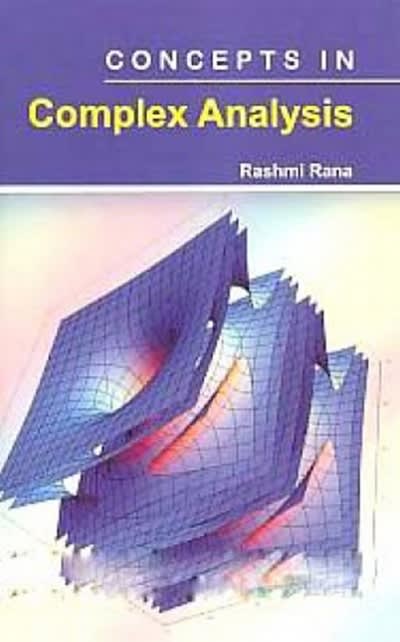Question
It has been suggested that pupil size increases during emotional arousal. A researcher would, therefore, like to see whether the increase in pupil size is
| It has been suggested that pupil size increases during emotional arousal. A researcher would, therefore, like to see whether the increase in pupil size is a function of the type of arousal (pleasant versus aversive). A random sample of five participants is selected for the study. Each participant views all three stimuli: neutral, pleasant, and aversive photographs. The neutral photograph portrays a plain brick building. The pleasant photograph consists of a young man and woman sharing a large ice cream cone. Finally, the aversive stimulus is a graphic photograph of an automobile accident. Upon viewing each stimulus, the pupil size is measured (in millimeters) with sophisticated equipment. The data are as follows. Use it to test whether pupil size varies based on type of arousal.
|
|
Step by Step Solution
There are 3 Steps involved in it
Step: 1

Get Instant Access to Expert-Tailored Solutions
See step-by-step solutions with expert insights and AI powered tools for academic success
Step: 2

Step: 3

Ace Your Homework with AI
Get the answers you need in no time with our AI-driven, step-by-step assistance
Get Started


